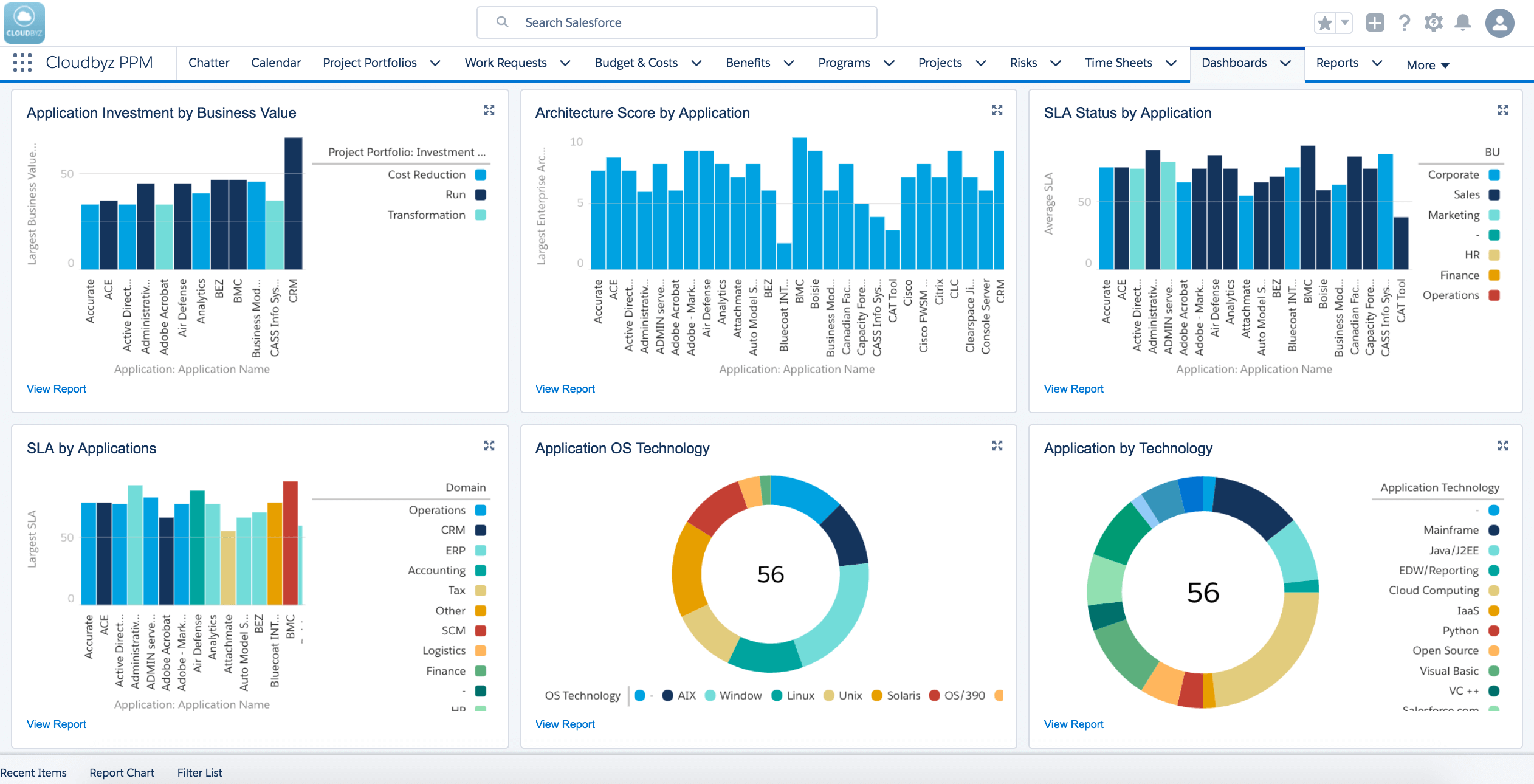Business Metrics
What are Business Metrics?

Definition:
“Business Metrics” in the realm of corporate strategy refers to quantifiable measurements or key performance indicators (KPIs) that organizations use to assess, track, and analyze various aspects of their performance. Business metrics provide valuable insights into the effectiveness of strategies, operations, and overall business health. These measurements are crucial for decision-making, goal-setting, and continuous improvement, offering a data-driven approach to evaluating success and identifying areas for enhancement.
Analogy:
Think of Business Metrics as the dashboard of a car. Just as a car’s dashboard displays essential information such as speed, fuel level, and engine temperature for the driver’s assessment, business metrics offer a visual representation of key performance indicators, allowing organizations to monitor their progress and make informed decisions.
Further Description:
Business Metrics cover a wide range of performance indicators, including financial metrics, operational metrics, customer satisfaction metrics, and more. These metrics are often tracked over specific periods, allowing organizations to identify trends, set benchmarks, and align their efforts with strategic goals. The selection of relevant metrics depends on the nature of the business and the specific objectives it aims to achieve.
Why are Business Metrics Important?
Business Metrics play a vital role in helping organizations understand their performance, make data-driven decisions, and drive continuous improvement. By regularly monitoring key metrics, businesses can identify strengths, weaknesses, and opportunities, facilitating strategic adjustments. Business metrics contribute to enhanced accountability, performance evaluation, and the overall success of an organization.
Examples and Usage:
Financial Metrics: Metrics like revenue growth, profit margins, and return on investment (ROI) provide insights into the financial health and profitability of a business.
Operational Metrics: Metrics such as production efficiency, inventory turnover, and cycle time help assess the efficiency and effectiveness of operational processes.
Customer Satisfaction Metrics: Net Promoter Score (NPS), customer retention rates, and customer feedback metrics measure satisfaction levels and loyalty.
Employee Productivity Metrics: Metrics like employee turnover, engagement levels, and performance indicators assess the effectiveness of human resources management.
Basically, Business Metrics involve the quantifiable measurements or KPIs that organizations use to assess and analyze various aspects of their performance. They are essential for data-driven decision-making, goal-setting, and continuous improvement, providing valuable insights into business health and effectiveness.
For example, an e-commerce business might track metrics like conversion rates, average order value, and customer acquisition costs to optimize its online operations and drive profitability.
Key Takeaways:
- Business Metrics are quantifiable measurements or KPIs used to assess and analyze various aspects of organizational performance.
- They cover financial, operational, customer satisfaction, and employee productivity metrics, among others.
- Business Metrics play a crucial role in data-driven decision-making, goal-setting, and continuous improvement.
- Examples include financial metrics, operational metrics, customer satisfaction metrics, and employee productivity metrics.
Table of Contents




